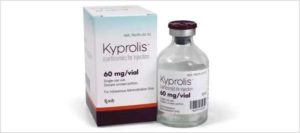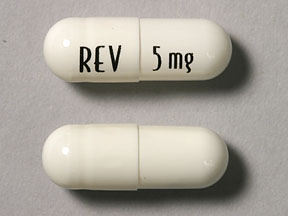MM patients showed improved survival over the study period, with the 2-year survival gap between MM patients and matched controls decreasing at a rate of 3% per year.
Think about it. Many multiple myeloma chemotherapy regimens have been approved by the FDA in the past dozen or so years. But have any of these approvals said any about longer “overall survival” (OS) or improved quality of life (QOL) ?

The single most important question for the newly diagnosed multiple myeloma patient to ask his/her oncologist is if the drug or therapy suggested by the oncologist is curative.
To be fair, no chemotherapy for MM is truely curative. But chemotherapy can increase overall survival.
My understanding of the first study linked and excerpted below says that compared to people who were diagnosed with multiple myeloma before 2000, most all MMers live at least 2 years or more. The triplet RVd has a response rate of over 90% according to research. The triplet that I underwent in 1995, VAD, had a response rate of around 50%.

The second most important question to ask your oncologist is about the possible or common side effects caused by the therapy in question. MM patients want to “respond” to treatment yet have as few side effects as possible.
Please don’t misunderstand me. I think it is a major step forward for conventional MM oncology to increase the percentage of newly diagnosed MMers who respond to chemotherapy.
I think it’s important for MM survivors to understand how and why the five-year survival statistics for MM are improving. Also, I think it is important for the newly diagnosed MMer to understand concepts like overall survival and quality of life.
If a multiple myeloma chemotherapy regimen such as Revlimid, Velcade, or Darzelex, for example, does not increase overall survival and increases the risks of “adverse events” aka side effects, then you may want to consider evidence-based therapies non-toxic therapies shown to be cytotoxic (kill) multiple myeloma. Or consider integrative therapies- therapies shown to enhance the efficacy of conventional chemotherapy.
I am a long-term survivor of multiple myeloma. Conventional therapies, including an autologous stem cell transplant, were expensive, caused multiple short, long-term and late stage side effects and didn’t extend my overall survival.
I am writing this blog post because of the evidence-based, non-toxic, non-conventional anti-cancer lifestyle that I have lived for years.
If you would like to learn more please scroll down the page, post a question or comment and I will reply to you ASAP,
Thank you,
David Emerson
- Multiple Myeloma Survivor
- MM Cancer Coach
- Director PeopleBeatingCancer
Recommended Reading:
“Using the Truven Health MarketScan Research Databases linked with social security administration death records, this study found that the percentage of MM patients using novel therapy continuously increased from 8.7% in 2000 to 61.3% in 2014.
Compared with MM patients diagnosed in earlier years, those diagnosed after 2010 had higher rates of novel therapy use and better survival outcomes; patients diagnosed in 2012 were 1.25 times more likely to survive 2 years than those diagnosed in 2006.
MM patients showed improved survival over the study period, with the 2-year survival gap between MM patients and matched controls decreasing at a rate of 3% per year.
“The majority of new oncology drugs that were approved by the European Medicines Agency (EMA) from 2009 to 2013 entered the market without clear evidence that they improved survival or quality of life, according to a new report published online October 4 in the BMJ…
During this period, the EMA approved the use of 48 cancer drugs for 68 indications.
Of these 68 indications, 39 (57%) approvals were made on the basis of a surrogate endpoint in the absence of evidence of a survival benefit or an improvement in quality of life.
At a median of follow-up of 5.4 years in the postmarketing period, only 35 (51%) drugs showed a significant improvement in survival or quality of life, as compared with other therapeutic options, placebo, or as add-on treatment.
For 33 (49%) of the drugs, there continues to be uncertainty as to whether they extend survival or improve quality of life.
“When expensive drugs that lack clinically meaningful benefits are approved and reimbursed within publicly funded healthcare systems, individual patients may be harmed, important resources wasted, and the delivery of equitable and affordable care is undermined,” write the authors…
Given the fact that the average cost of new drugs is in excess of $100,000 (£75,000, €85,000) per year, the “conclusion seems that the regulatory system is broken,” he says…”





